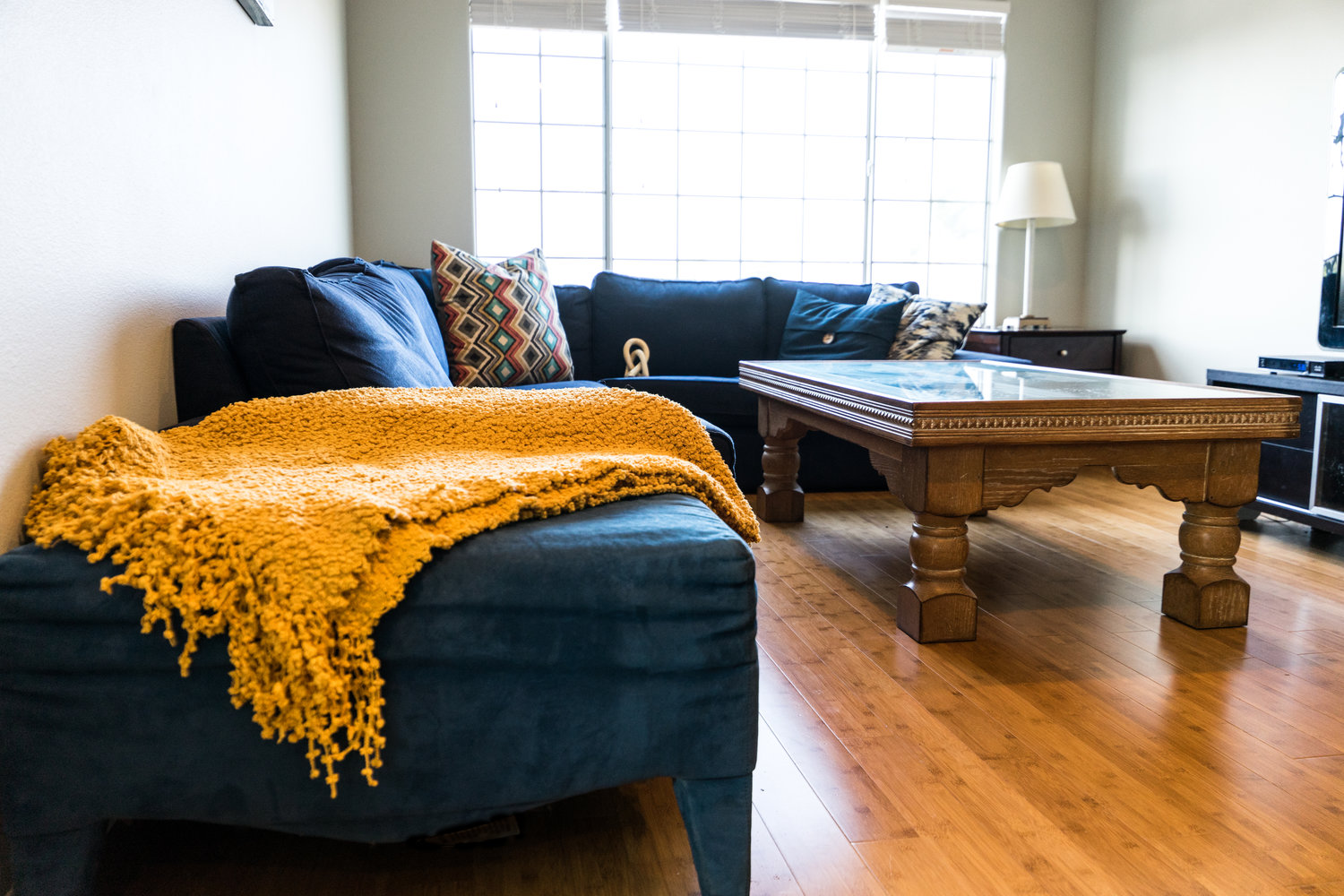South Bay Sober Living - Torrance House

Overview
South Bay Sober Living - Torrance House is a substance abuse treatment center for people seeking treatment near Los Angeles County. As part of their treatment modalities for recovery, South Bay Sober Living - Torrance House provides 12-step facilitation during treatment. South Bay Sober Living - Torrance House is located in Torrance, California, accepting cash or self-payment for treatment.
South Bay Sober Living - Torrance House at a Glance
Payment Options
- Cash or self-payment
- Monthly
Assessments
- Comprehensive substance use assessment
Age Groups
- Adults
Operation
- Private for-profit organization
Treatment At South Bay Sober Living - Torrance House

Conditions Treated
Alcoholism:
Alcohol addiction is a disease that changes the way the brain works. It causes negative emotions, impulsive behavior, cravings and withdrawal symptoms. Treatment for alcohol addiction includes supervised detox, counseling and therapy, and support group participation. Rehabilitation does not cure alcoholism. Instead, it helps the individual manage their addiction, restore their functioning, and well-being.
Opioid Addiction:
Opioid rehabilitation centers are dedicated to assisting individuals on the path to recovery from opioid addiction. They provide specialized care for those struggling with addiction to substances like heroin and prescription opioids such as oxycodone. These facilities offer a comprehensive approach, including medical detoxification, ongoing medical assistance (including medication-based treatment), and therapeutic support to address the root causes of addiction.
Substance use treatment:
Substance use rehabilitation is a structured program aimed at assisting individuals in overcoming their dependencies on drugs or alcohol. Through a combination of medical detoxification, counseling, and various therapeutic approaches, these programs strive to address the physical and psychological aspects of addiction. The goal is to equip individuals with the knowledge, skills, and support necessary to attain lasting sobriety, while also working to identify and address the underlying issues contributing to substance misuse. By fostering a supportive environment, substance use rehabilitation centers provide a pathway towards a healthier, substance-free life.

Levels Of Care
Outpatient:
Outpatient treatment in a rehab center offers structured therapeutic services for individuals seeking recovery without full-time residential admission. Unlike intensive outpatient programs, which demand more frequent and longer sessions, standard outpatient care provides a more flexible approach, allowing participants to maintain daily activities and responsibilities while undergoing treatment.
Detoxification:
Detoxification (detox) is the process of clearing the body of drugs or alcohol that an individual has consumed. The purpose of detox is to safely manage withdrawal symptoms when someone stops taking drugs or alcohol. It denotes a clearing of toxins from the body of the patient who is acutely intoxicated and/or dependent on substances of abuse. Detoxification seeks to minimize the physical harm caused by the abuse of substances.
Aftercare:
Finishing a drug or alcohol rehab program is just the beginning of the recovery journey. Aftercare focuses on establishing a long-term recovery plan, which encompasses continuous support. This might involve options such as residing in sober living homes or halfway houses, receiving career guidance, and connecting the individual with community support groups like Alcoholics Anonymous (AA) or Narcotics Anonymous (NA).
Halfway house:
Sober living homes or halfway houses, offer secure, substance-free, and supportive living arrangements for individuals in the process of recovering from substance abuse. These facilities are particularly beneficial for individuals who have recently completed inpatient or outpatient treatment programs. Halfway houses are carefully monitored environments with established guidelines aimed at fostering and maintaining sobriety, including curfews, shared household responsibilities, and therapeutic gatherings. Residents often receive training in essential life skills and coping strategies to facilitate a smoother transition into mainstream society. Additionally, it cultivates a strong sense of community that fosters deep and enduring connections with fellow individuals in recovery, promoting a fresh and healthy lifestyle.

Treatment Modalities
12-step facilitation:
Recovery frameworks grounded in 12-step programs prioritize peer mentoring and underline personal development as essential for maintaining sobriety. Those in recovery are encouraged to attend 12-step meetings, which guarantee anonymity frequently, have no cost, and are accessible every day. These 12 steps draw from spiritual tenets, assisting participants in confronting the underlying reasons for their addiction, acknowledging their decisions, and embracing the aspects outside their control. Chosen by the participants themselves, sponsors offer individualized guidance and support.
Individual psychotherapy:
Individual therapy, often referred to as psychotherapy or counseling, is a one-on-one therapeutic interaction between a trained therapist and a client. It provides a confidential space for individuals to explore their feelings, beliefs, and behaviors, working through challenging memories, experiences, or emotions. The therapist facilitates self-awareness, promotes personal growth and insight, and offers coping strategies to manage specific issues like stress, anxiety, depression, and other life challenges. The ultimate goal is to improve the individual's mental well-being and enhance their overall quality of life.
Group counseling:
Group Therapy is a therapeutic space where individuals battling addiction come together to share experiences, gain insights, and support one another on their journey to recovery. Facilitated by trained professionals, this setting fosters communal healing and empowers participants to overcome the challenges of addiction through collective strength and understanding.
Life Skills:
Life skills training equips individuals with essential competencies, such as time management, career planning, financial literacy, and effective communication, to navigate the challenges of daily life. These skills are foundational to achieving not just sobriety but a thriving, fulfilling life post-addiction. Such training lays the groundwork for sustainable success and long-term recovery.
Contact Information
DISCLAIMER: The facility name, logo and brand are the property and registered trademarks of South Bay Sober Living - Torrance House, and are being used for identification and informational purposes only. Use of these names, logos and brands shall not imply endorsement. BetterAddictionCare.com is not affiliated with or sponsored by South Bay Sober Living - Torrance House.

